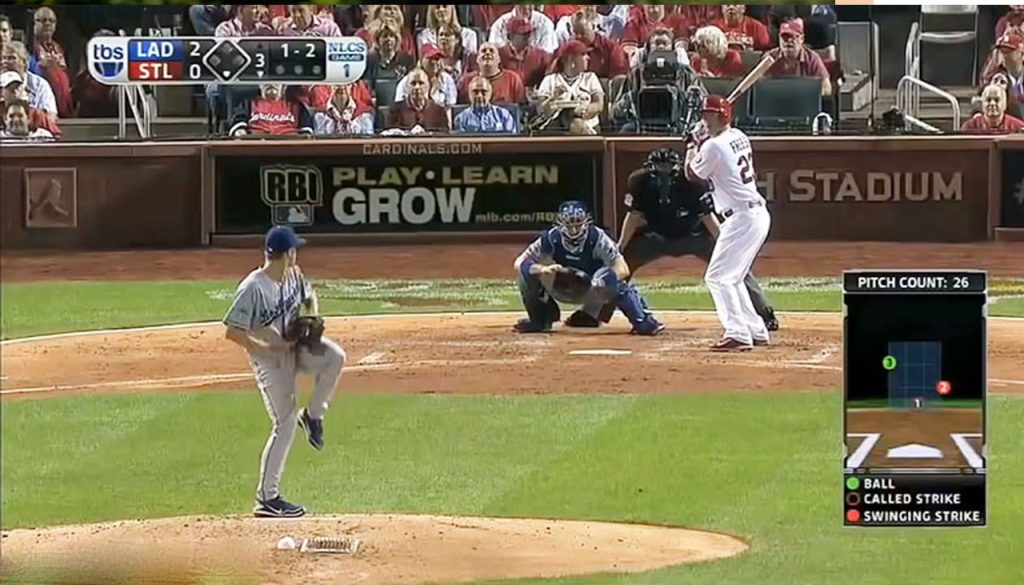Have you ever wondered about the structure of Japanese baseball? If you’re a baseball enthusiast or simply curious about the game, you might be pondering the question, “How many innings in Japanese baseball?” In this article, we’ll take a journey through the unique aspects of Japanese baseball, answering this question and exploring other intriguing details along the way.
Traditional Innings in Japanese Baseball
Japanese baseball, like its American counterpart, is traditionally played with nine innings. Each team takes its turn to bat and field, attempting to score runs and prevent the opposing team from doing so.
Extra Innings and Tiebreakers
Unlike Major League Baseball in the United States, Japanese baseball introduces some exciting twists in the event of a tie. If a game ends in a tie after nine innings, it can extend into extra innings, but not indefinitely. In Nippon Professional Baseball (NPB), which is the top-tier league in Japan, there’s a rule known as the “Tiebreaker Rule.” In this scenario, each team gets a chance to score in the 10th inning. If the game remains tied, it ends in a draw.
Differences from Major League Baseball

Japanese baseball shares many similarities with Major League Baseball, but it also has its own distinct characteristics. The ball used in Japanese baseball is slightly smaller, and the strike zone is different, making the game unique in its own right. Japanese baseball also places great emphasis on discipline and teamwork, which adds an interesting layer to the sport.
Historical Perspective
Japanese baseball has a rich history that dates back to the late 19th century when it was introduced by American teachers. The sport quickly gained popularity, and today, Japan has a strong baseball culture with its own stars and legends.
Strategies in Japanese Baseball
Japanese baseball is known for its emphasis on small-ball tactics, such as bunting, stealing bases, and hit-and-runs. These strategies can make games incredibly dynamic and exciting to watch, as they often lead to unexpected twists and turns.
Role of Pitchers
Pitchers play a crucial role in Japanese baseball, just as they do in any other version of the game. Japanese pitchers are known for their precision and control, and they often undergo rigorous training to master their craft. Watching a Japanese pitcher at the top of their game can be a mesmerizing experience.
Exciting Japanese Baseball Leagues
Japan boasts several professional baseball leagues, with Nippon Professional Baseball (NPB) being the most prestigious. NPB consists of two leagues: the Central League and the Pacific League. Each league has its own set of teams, and they compete fiercely for the championship.
Fans and Atmosphere

Japanese baseball games are renowned for their passionate and organized fans. The atmosphere in stadiums is electric, with fans creating coordinated chants and songs for their teams. This unique fan culture makes attending a Japanese baseball game an unforgettable experience.
Unique Rules and Customs
Japanese baseball has some interesting rules and customs that set it apart from other leagues. For instance, there’s a “no-pitch intentional walk” rule, which allows a batter to advance to first base without pitches being thrown. Additionally, it’s customary for players and coaches to bow as a sign of respect to the umpire before and after each game.
Future of Japanese Baseball
The future of Japanese baseball is bright, with several young talents emerging on the scene. The sport continues to evolve, and international interest in Japanese baseball is on the rise. It’s likely that Japanese baseball will play an increasingly prominent role on the global stage in the coming years.
Conclusion
In conclusion, Japanese baseball offers a unique and exciting take on the game we all love. With its traditional nine innings, exciting extra-inning tiebreakers, and distinctive style, it’s a must-see for any baseball enthusiast. So, whether you’re a devoted fan or a curious observer, Japanese baseball is sure to capture your heart.
